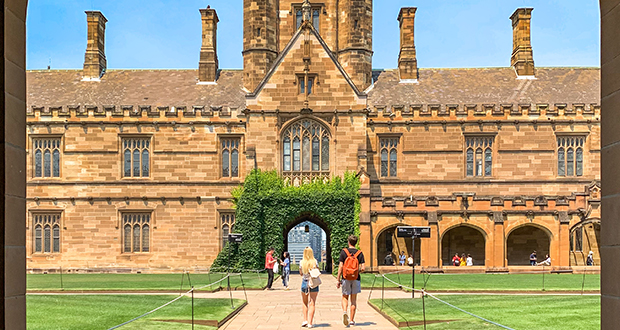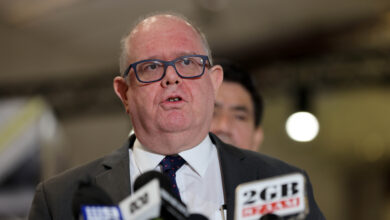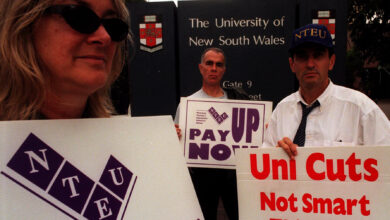Top StoriesWorkforce
UniMelb, USyd, RMIT underpaid staff more than $67m

Australian universities have underpaid their staff by at least $107.8 million since 2020, according to a new report.
Please login below to view content or subscribe now.




